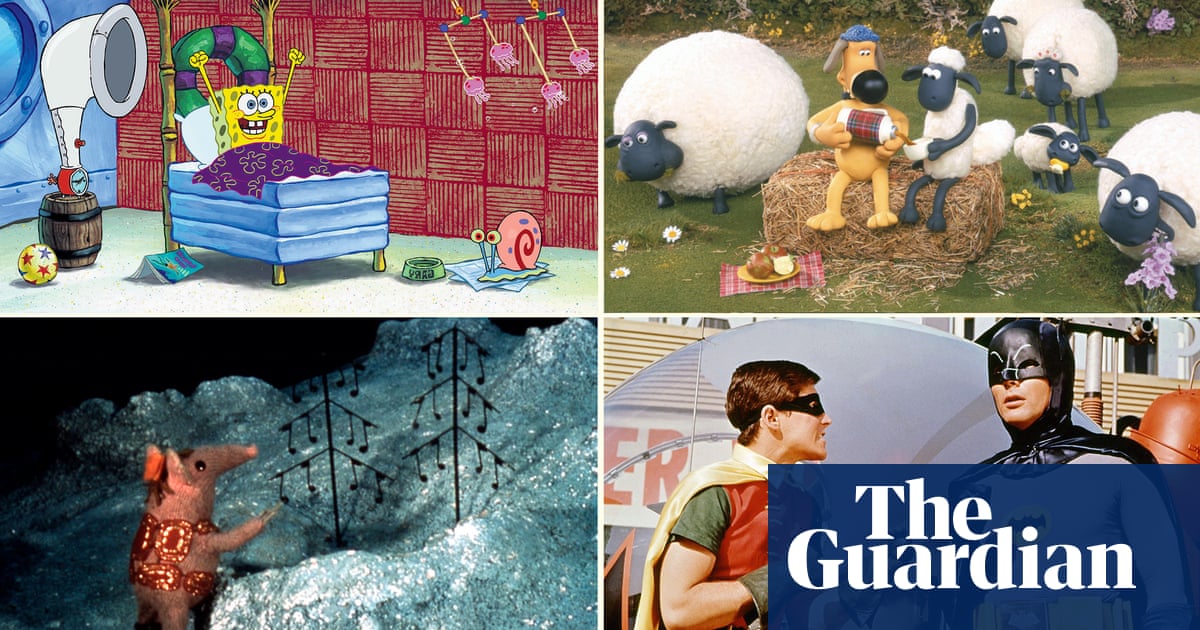
If Sunday night’s Line of Duty really was the last ever, there’s a sense that the entire programme has been tarnished by its finale.
Because that’s what happens with TV shows. Think of Game of Thrones. Think how rapturously it was received for years, and how it was all undone by the abject gormlessness of its final episode. Think of Dexter, and how a once wildly successful series became a laughing stock as the final credits rolled. Think of Lost, and how a divisive finale sent Damon Lindelof into such a funk that his next show ended up being an explicit meditation on the depressive nature of grief. Screw up the landing and the whole thing goes to hell.
What makes this crueller is that you will always screw up the landing. Almost 13 million people watched Line of Duty on Sunday. Nobody alive could craft an ending to a series – much less a series propelled by dozens of audacious plot twists – that satisfied 13 million people. So why bother? The show belongs to Jed Mercurio, not us; if he wanted to see it out with a shrug and some waffle, that’s his prerogative.
This isn’t to say that shows aren’t capable of coming up with good endings. Fleabag, for example, ended in the best possible way, with a farewell wave to the camera that had clung to her side no matter what. It was a perfect moment of closure. Then again, Fleabag was only 12 episodes long, and didn’t hinge on a gigantic mystery. The expectations were lower, so the finale mattered less.
The same goes for Mad Men. It was on air for far longer than Fleabag, but a retrospective exploration of the emptiness of the American dream will never have people on the edge of their seats in the same way that a deliberately mainstream thriller would. And Mad Men has probably my favourite finale of any TV show – utilising a formal leap of presentation, a rewriting of history and level of cynicism that still takes the breath away six years later.
Nevertheless, Mercurio should be pleased to hear that a finale isn’t always for ever. Ending a show with a thematically subtle anticlimax rather than a blast of definitive action may alienate viewers in the short term, but it also provides a platform for discussion that could last for years. The Sopranos was a perfect case in point. When an ostensibly go-nowhere diner scene ended with a sudden cut to black, people made their displeasure known immediately. It looked likely to be a Dexter-level embarrassment.
But then people discovered layers of meaning that, back when they were expecting a boom-pow denouement, they missed. They saw all the main themes of the show – family, aggression, paranoia – in microcosm. The more you watch the final scene of The Sopranos, the more you find to appreciate, to the extent that it’s all too easy to get lost in a rabbit hole of online shot-by-shot breakdowns.
Whether the same can be said of Line of Duty is anyone’s guess. Maybe in years to come, people will find new depth in Ted Hastings’ flaccid confession and sow the seeds of critical reappraisal. Maybe they won’t. Or maybe there’ll be a series seven two years from now, and this will all just be a weird little blip. Honestly, who knows?












